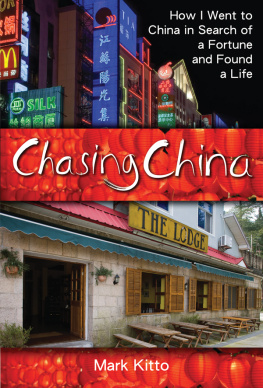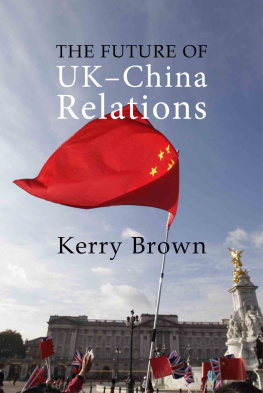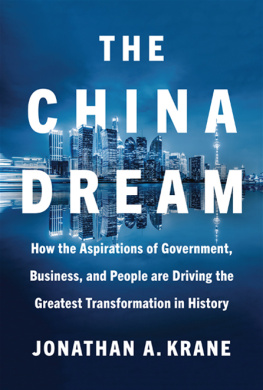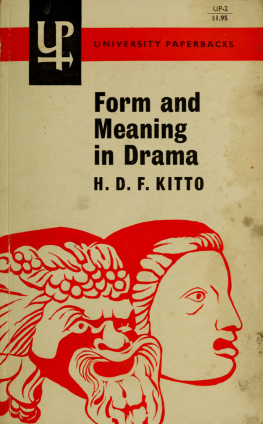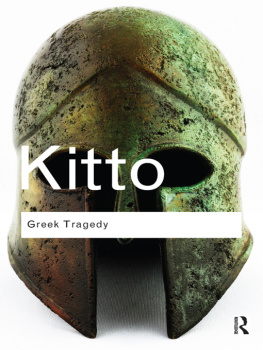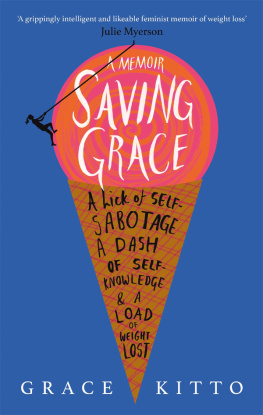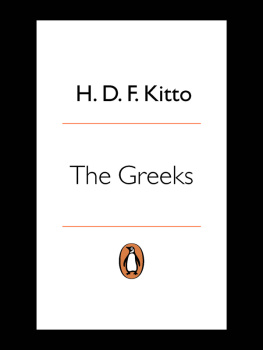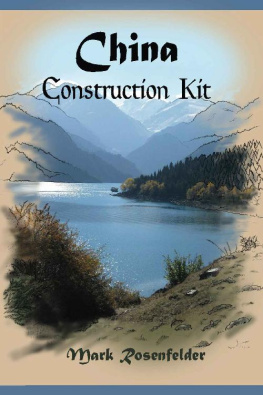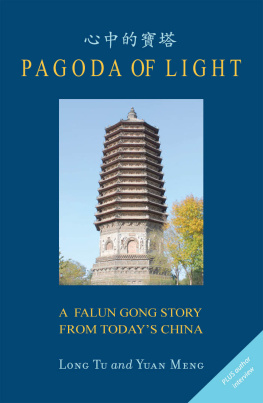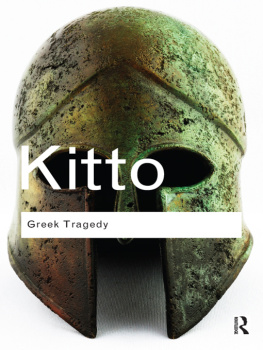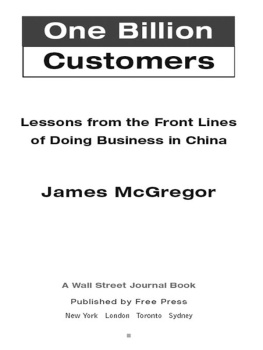Copyright 2009 by Mark Kitto
All Rights Reserved. No part of this book may be reproduced in any manner without the express written consent of the publisher, except in the case of brief excerpts in critical reviews or articles. All inquiries should be addressed to Skyhorse Publishing, 555 Eighth Avenue, Suite 903, New York, NY 10018.
Skyhorse Publishing books may be purchased in bulk at special discounts for sales promotion, corporate gifts, fund-raising, or educational purposes. Special editions can also be created to specifications. For details, contact the Special Sales Department, Skyhorse Publishing, 555 Eighth Avenue, Suite 903, New York, NY 10018 or .
www.skyhorsepublishing.com
10 9 8 7 6 5 4 3 2 1
Library of Congress Cataloging-in-Publication Data TK
Printed in the United States of America
C ONTENTS
I
D ESERT I SLAND D ISCOVERY
Another resort within easy reach of Shanghai, and one that is, let it be whispered, highly popular among honeymooning couples, is the mountain resort of Mokanshan, which seems to exercise an appeal all of its own.
The North China Daily News Sunday Magazine June 14 1936, Summer Holiday Special Issue .
The Lunar New Year is dead quiet in China, deader than a turkey on Christmas Eve. The entire vast country, the worlds production house, grinds to a halt.
Like Christmas, the holiday is a family affair, and family is important in China. Everyone goes home, not back-from-work home, but real home, where grandparents live and ancestors graves lie, possibly four days journey by crowded train and bus. And then China stops. City streets are deserted, offices empty, building sites fall silent.
I had been in China for three years and should have known better, but the Lunar New Year in February 1999 caught me completely by surprise. All I had done for the past eight months was work. My business partner and I had moved to Shanghai to launch a magazine-publishing business and our feet had not touched the ground since. Like the city itself, our business was booming, out of control. I had even spent Christmas Day at my desk. We had no time for holidays in Shanghai.
Late one cold winter evening I sat at the kitchen table in my tiny attic flat with a glass of whisky. Ten days enforced idleness. What the hell was I going to do with myself?
Out of the blue I remembered the name Moganshan. Where Id heard it I had no idea. I must have met someone who had been there, I supposed. The name brought to mind faded images of a neglected colonial backwater full of western-style houses on a secluded mountaintop.
I fetched a tattered copy of the China Lonely Planet that the previous tenant had left on the bookshelf. I turned to the index. Moganshan was not listed.
After a painstaking search I found two short sentences tacked on the end of the Other Sights in the chapter for Hangzhou, Chinas most popular domestic tourist city. I topped up my glass of whisky and read them slowly.
Moganshan was developed as a resort for Europeans living in Shanghai and Hangzhou during the colonial era, the first one said.
The second told me to get a minibus from Hangzhou West Bus Station for 40 yuan and that a double room in a hotel on the mountain might cost 250.
So Moganshan was still standing and I could get there via Hangzhou, two hours by train from Shanghai. That was enough to go on and I would have plenty of time. And it was something to do.
It was also possible I might have a companion.
Her English name was Crystal. She was Shanghainese, tall, head-turning beautiful and I had met her a couple of days ago at the first party I ever went to in Shanghai that had nothing to do with my job. Her phone number was still in my pocket. As I lay back in bed that night I fantasized about a cosy sitting room with a log fire in an old stone house on a wintry mountainside. It was an easy next step and a very pleasant one to paste Crystal into the picture.
That night, Crystal and I were both a little drunk from one too many martinis in that weeks bar of the moment. It was the early hours and she had stopped off for a nightcap. Her long legs, wrapped in stretch-tight jeans, were tucked up beneath her on the thin cushions of the hardwood sofa in my sitting room. She was wearing a white sweater, a sheepskin-lined hippie type waistcoat and a pale pink muffler. Her cheeks were glowing from cold and alcohol. She looked gorgeous.
Moganshan sounds interesting dont you think? I asked as I poured her a Baileys, trying to sound casual yet all the time wondering frantically whether she would be going home that night. I mean, think of the history of the place. Wouldnt it be fascinating to see the houses where foreigners used to hang out in the old days?
Crystal watched me with patience and a charming smirk. Why would a glossy Shanghainese want to go and dig around in an dusty old mountain village?
She took a sip of Baileys and looked up, her eyes so desperately trying to appear neutral that they were patently mischievous. She wiped an imaginary drop of Baileys from the corner of her mouth with a delicate finger.
Id love to come with you, she said.
Before we could set off, Crystal had to perform the family duties of the New Year Festival: eat dumplings with her parents, call on relatives and watch the Chinese equivalent of The Sound of Music on China Central Television One. I waited patiently, still not entirely believing my luck, and in my damp and draughty garret reread the two sentences in the Lonely Planet .
Three days into the marathon holidayimagine Christmas lasting for ten daysCrystal made a break for it and met me at Shanghai South train station.
It was a cold and crisp February morning under a clear blue sky. There was nobody on the streets of Shanghai. Long stretches of the curbside were coated red with the remains of firecrackers that had been draped over railings and let off on New Years Eve. A longstanding ban on fireworks in the inner city had been lifted that year. The desolate roads looked like the aftermath of a bloody street battle. The silence was eerie.
After the outward calm on the streets it was a surprise to find the train station heaving with people. We were obviously not the only ones getting out of town. Leisure travel was just beginning to catch on in China, with the young at least. The station waiting room was packed with day trippers heading for Hangzhou and the citys scenic and rightly famous West Lake.
Crystal and I were lucky to find places beside each other in a soft seat car. It was full of twenty-something Shanghainese, chattering loudly in the local dialect. Bags of sunflower seeds and dried fruit littered the tiny metal-framed tables. As we pulled out of the station a conductor ambled down the aisle with a trolley of soft drinks, then another who offered to book hotel rooms in Hangzhou, the next sold maps and first day covers, and finally a man appeared with a wooden tray of nylon socks. He demonstrated the quality by scraping them with a metal brush under our noses. Cheesy muzak blared from speakers in the luggage racks.
Crystal and I ignored the din. We were too interested in each other. When I asked what her parents thought about her leaving home during the holiday, she told me they were used to her trips to Hangzhou with girlfriends. I did not press her for details.
The semi-urban sprawl that surrounds Shanghai on all sides except the sea droned past the trains grubby windows. The country is flat as a pancake. Grey clusters of farmers cinder block houses gave way to fields of leafless mulberry bushes, green swathes of winter cabbages and bright splashes of pearl farms, the waters surface cluttered with ranks of white polystyrene floats. Scattered amongst the rural vistas enormous plots of earth had been cleared and concreted like new runways, waiting for a factory to land on them. Long strings of barges chugged along the waterways towards Shanghai, loaded so heavily with sand and gravel that their gunwales barely broke the surface above the tiny waves that splashed against them. The few barges heading up country were empty. All roads led to Shanghai. It was good to be going against the flow.

